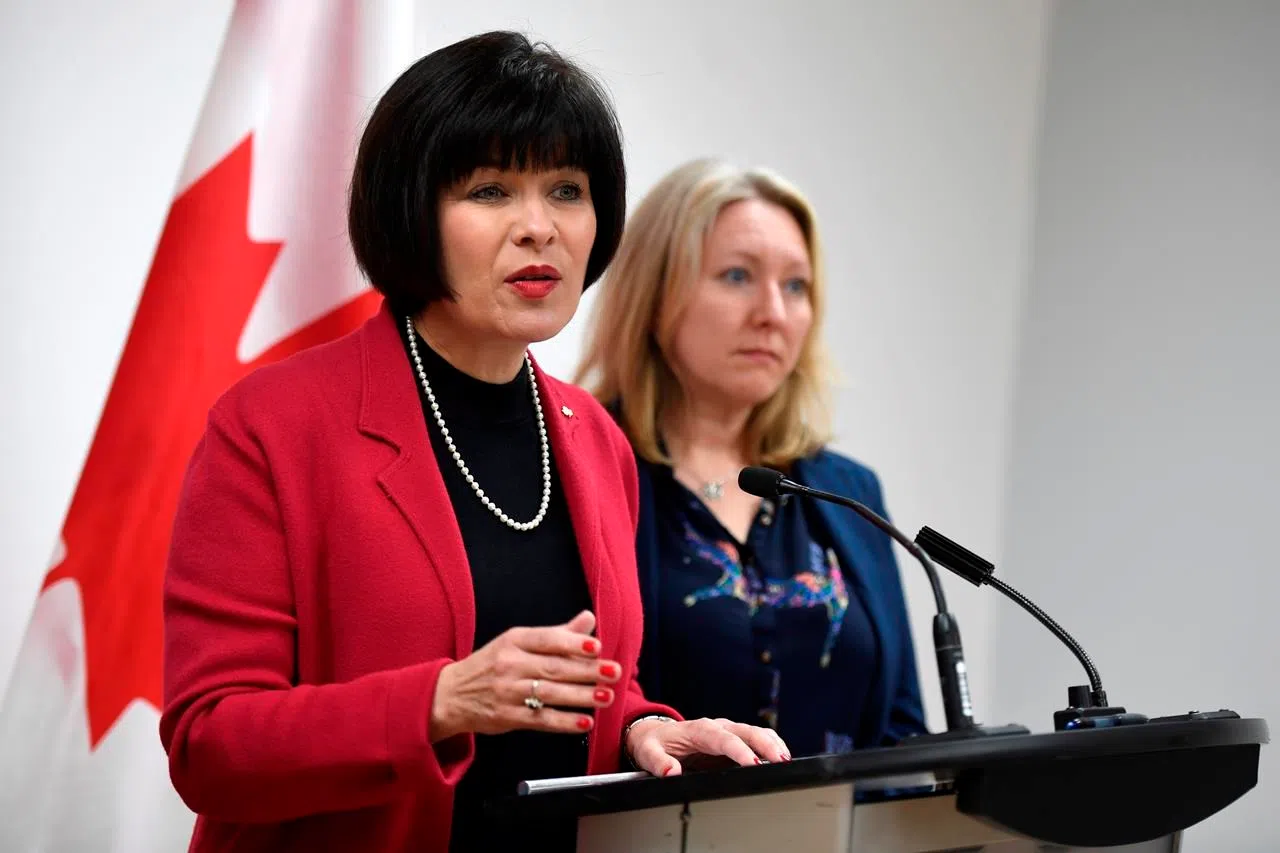
Feds ease restrictions on prescription heroin to address opioid epidemic
OTTAWA — Access to treatment for opioid addiction is about to get easier as the federal government promises changes to drug laws that would do away with some of the obstacles preventing doctors from offering prescription heroin and methadone.
Forthcoming legal changes will allow patients to access, when appropriate, prescribed heroin outside of a hospital setting, such as addiction clinics, making it easier for them to balance their treatment with daily responsibilities.
The government is also making methadone more accessible, allowing health-care practitioners to prescribe and administer it without needing to apply for an exemption from federal law.
Health Minister Ginette Petitpas Taylor said Monday that removing barriers to treatment is crucial to combat what her department describes as a national public health crisis that continues to devastate families and communities.


